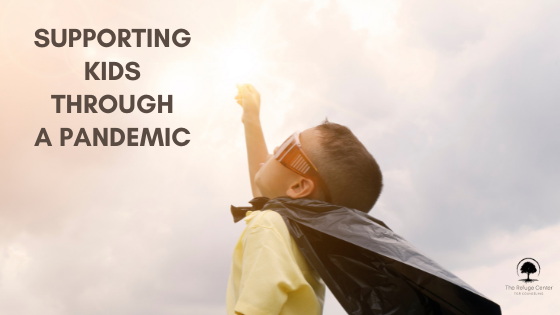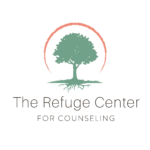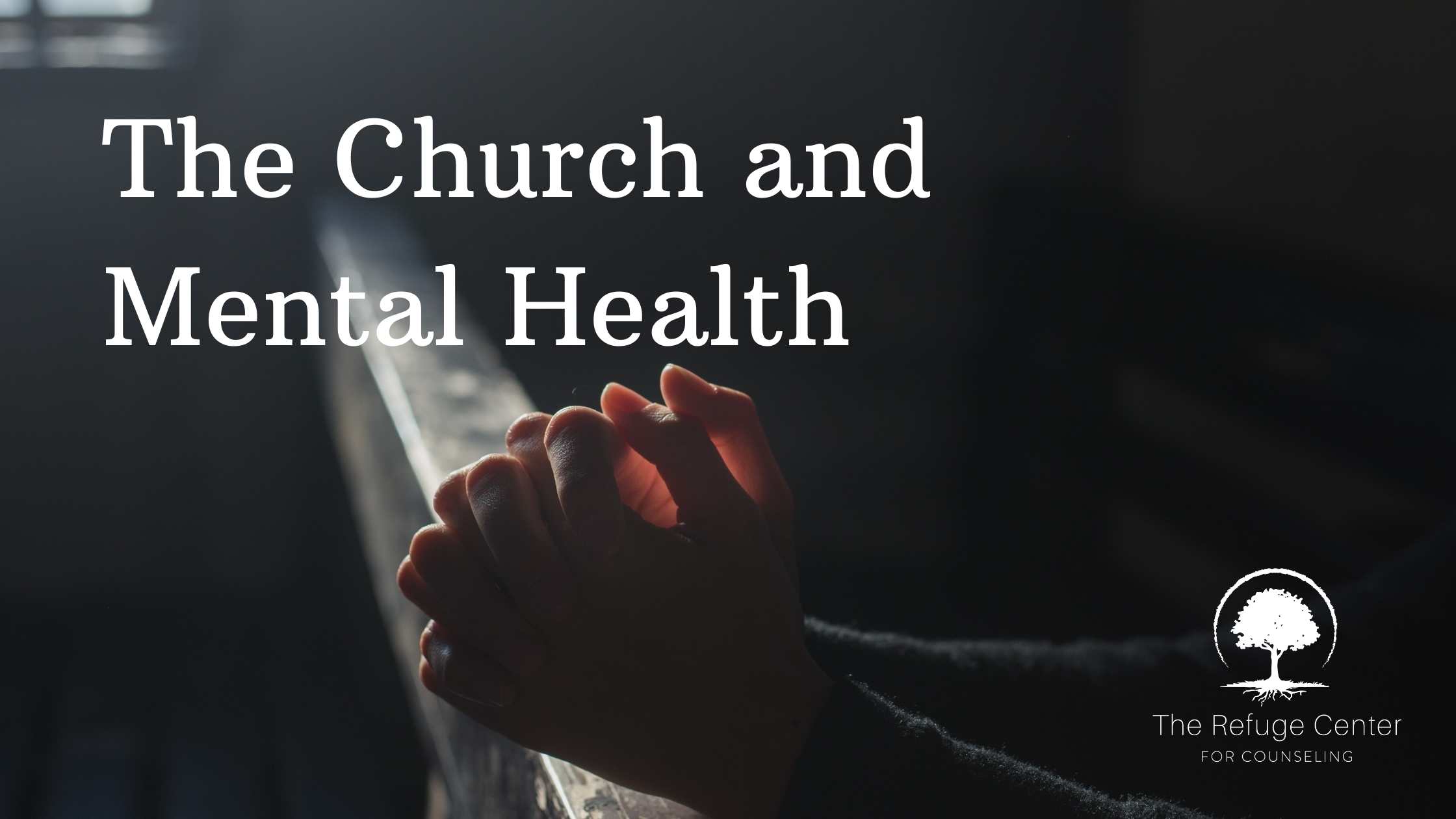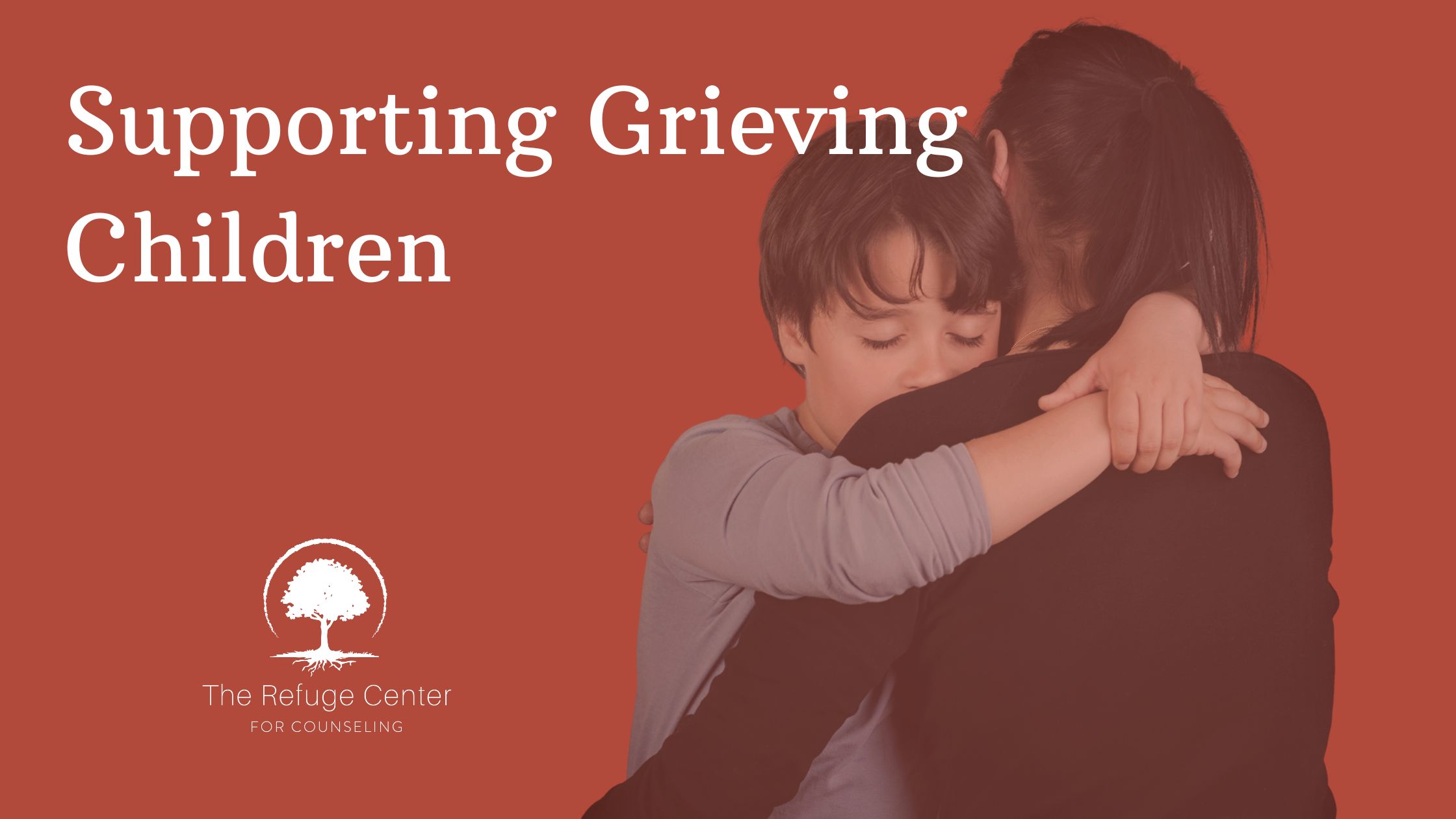Supporting Kids Through a Pandemic
“No matter how much we reassure our children, their sense of security will depend a great deal on how we as parents view the world.” – Stanley I. Greenspan, M.D.
After almost two years navigating the stressors of a global pandemic, school closures, and (potentially) lost loved ones, both parents and children have had to endure a tremendous amount of stress and adjustment. In an effort to create buffers around the negative effects of Covid-19 on the children under their care, many parents are wondering how to best provide mental health support during this time.
For caregivers curious about signs to be looking out for, some of the indicators of anxiety/stress in children include behavioral changes, such as moodiness, high emotional reactivity, excessive worry, and reverting to younger behaviors. Even as adults, how many of us found ourselves having out-of-character moments like having a short fuse with our partners, having difficulty concentrating, or feeling the weight of anxiety while watching the news? Understandably, the effects of the pandemic have taken a toll on everyone, children included.
How can we help to lessen that weight? It’s important to remember that kids are looking to adults to know how to make sense of what is happening around them. In the popular phrase by Circle of Security International, the job of caregivers is to be bigger, stronger, wiser, and kind, meaning that children feel both (1) safe and supported and (2) encouraged to believe that they can do hard things.
It’s important for kids to see the grown-up in their life modeling a sense of calm and resiliency. Like adults, children need to take the time to process their experiences, something that often occurs through inner storytelling. The responsive presence of an adult is key in helping them develop a sense of meaning about what is happening. After taking the time to acknowledge and validate the challenges they are facing, caregivers can look for creative ways to empower problem solving. Because children are learning to cope from the more important adults in their lives, the best tool caregivers can utilize is self-care. When in need of additional support, reach out to school resources, and contact a mental health professional if needed.
The Refuge Center Child & Teen team is a great resource – you don’t have to walk this road alone! Reach out to us today at 615-591-5262 if you need additional support!
https://www.cdc.gov/mentalhealth/stress-coping/help-children-cope/index.html
https://www.circleofsecurityinternational.com
Blog written by Master’s Level Intern, India Lacerda
Share this post
Share on facebook
Share on twitter
Share on linkedin
Share on pinterest
Share on print
Share on email
About Us
Who We Serve
Get Involved
-
Connections Lunch
-
Sponsorship Opportunities
-
Volunteer
-
Internship Opportunities
-
Post Master’s Fellowship Program
What’s Happening
Follow Us
Instagram
Facebook
Twitter
Youtube
Pinterest
The Refuge Center for Counseling is a 501c3 nonprofit organization (20-3831943). We are also a United Way of Williamson County Partner Organization.

